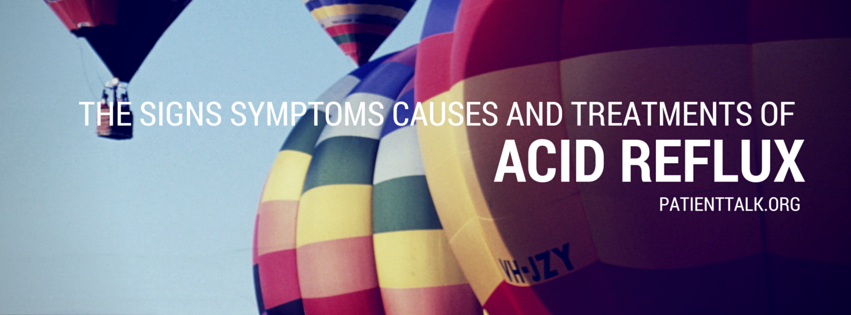
Heartburn is a burning feeling in the chest caused by stomach acid travelling up towards the throat (acid reflux). If it keeps happening, it’s called gastro-oesophageal reflux disease (GORD).
Check if you have acid reflux
The main symptoms of acid reflux are:
heartburn – a burning sensation in the middle of your chest
an unpleasant sour taste in your mouth, caused by stomach acid
You may also have:
a cough or hiccups that keep coming back
a hoarse voice
bad breath
bloating and feeling sick
Your symptoms will probably be worse after eating, when lying down and when bending over.
Causes of heartburn and acid reflux
Lots of people get heartburn from time to time. There’s often no obvious reason why.
Sometimes it’s caused or made worse by:
certain food and drink – such as coffee, alcohol, chocolate, and fatty or spicy foods
being overweight
smoking
pregnancy
stress and anxiety
some medicines, such as anti-inflammatory painkillers (like ibuprofen)
a hiatus hernia – when part of your stomach moves up into your chest
How you can ease heartburn and acid reflux yourself
Simple lifestyle changes can help stop or reduce heartburn.
Do
eat smaller, more frequent meals
raise one end of your bed 10 to 20cm by putting something under your bed or mattress – make it so your chest and head are above the level of your waist, so stomach acid doesn’t travel up towards your throat
try to lose weight if you’re overweight
try to find ways to relax
Don’t
do not have food or drink that triggers your symptoms
do not eat within 3 or 4 hours before bed
do not wear clothes that are tight around your waist
do not smoke
do not drink too much alcohol
do not stop taking any prescribed medicine without speaking to a doctor first
A pharmacist can help with heartburn and acid reflux
Speak to a pharmacist for advice if you keep getting heartburn.
They can recommend medicines called antacids that can help ease your symptoms.
It’s best to take these with food or soon after eating, as this is when you’re most likely to get heartburn. They may also work for longer if taken with food.
See a GP if:
lifestyle changes and pharmacy medicines aren’t helping
you have heartburn most days for 3 weeks or more
you have other symptoms, like food getting stuck in your throat, frequently being sick or losing weight for no reason
Your GP can provide stronger treatments and help rule out any more serious possible causes of your symptoms.
Treatment from a GP
To ease your symptoms, your GP may prescribe medicine that reduces how much acid your stomach makes, such as:
ranitidine
You may be prescribed one of these medicines for a month or two to see if your symptoms stop.
Important
Go back to your GP if your symptoms come back after stopping your medicine. You may need a long-term prescription.
Tests and surgery for heartburn and acid reflux
If medicines don’t help or your symptoms are severe, your GP may refer you to a specialist for:
tests to find out what’s causing your symptoms, such as a gastroscopy (where a thin tube with a camera is passed down your throat)
an operation to stop acid reflux – called a laparoscopic fundoplication
